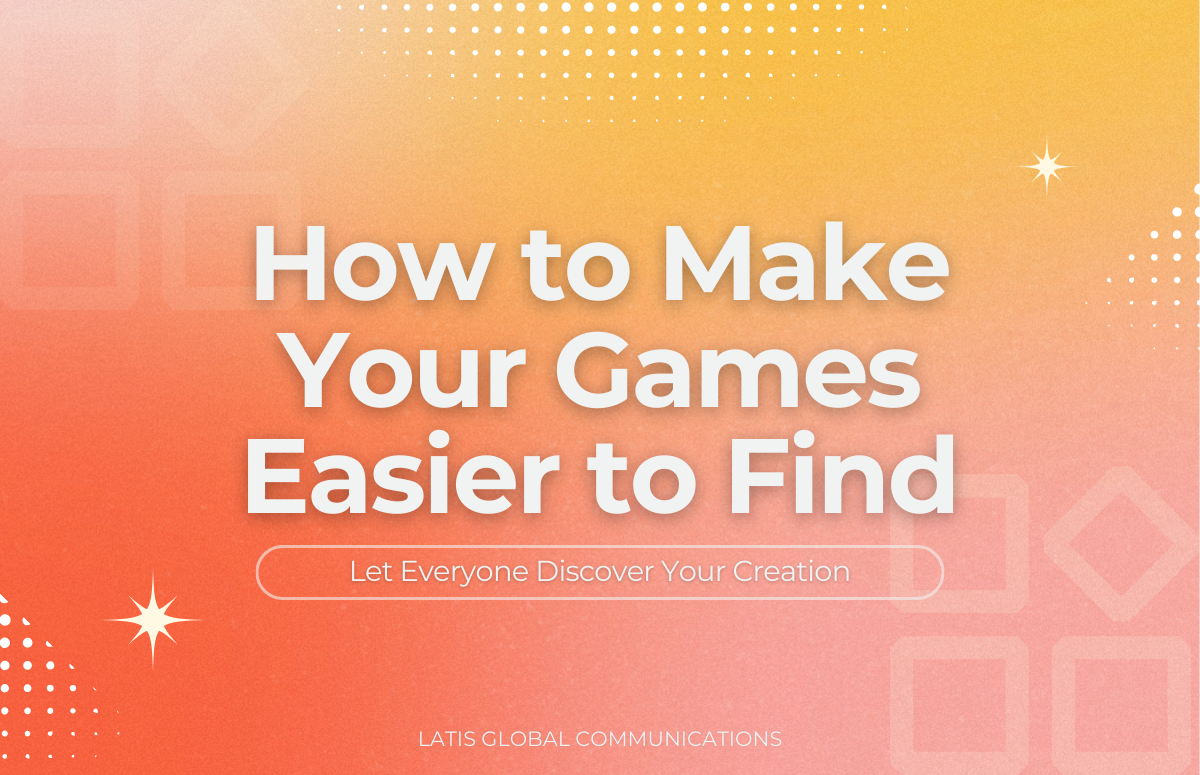
In today’s crowded gaming world, both game developers and players face a big problem: finding the right games. Imagine being an indie developer who’s worked hard to create something special, only to see it get lost in a flood of new releases. Or think about being a gamer overwhelmed by the sheer number of choices, struggling to find a game you’ll really enjoy. This is the reality of the gaming industry today. The problem isn’t just the number of games but also the lack of good data to help find them.
The Discoverability Problem
With so many games available online, it’s tough for both players and developers. The main issues are:
- Too Much Competition: Every week brings a new wave of games, and even great ones can get overlooked.
- Marketing Struggles: Indie developers often can’t afford big marketing campaigns like major studios, so their games might not get the attention they deserve.
- Algorithm Issues: Recommendation systems usually favor popular games, which means smaller, unique titles can get pushed aside.
How to Improve Game Discoverability
One big problem is that games are often mislabeled. For example, ‘Spiritfarer’ is a deeply emotional game but is sometimes incorrectly tagged as just a simulation game. This mislabeling can prevent the right players from finding it.
Why Accurate Labels Matter
Properly categorizing games is crucial for helping players find what they’re interested in. Right now, many games are poorly labeled because there’s no standard system for game genres and themes. Creating a universal classification system could help players discover the games they’ll enjoy and give indie and niche games a better chance to be seen.
Using Better Data to Help Find Games
Metadata—information about game attributes—can greatly improve how games are discovered. Platforms like Steam, PlayStation Network, and Xbox could use detailed metadata to make better recommendations. Instead of just suggesting popular games, they could use metadata to match games with the player’s specific interests or moods.
Learning from Other Services
Other industries have successful ways to recommend content:
- Netflix’s Approach: Netflix uses comprehensive metadata to recommend content based on viewing history, ratings, genres, and more. By adopting a similar approach, gaming platforms can offer more personalized recommendations.
- Spotify’s Mood-Based Recommendations: Spotify matches music to a listener’s emotional state, suggesting playlists based on mood. A similar model for games could recommend titles based on the player’s current emotional state, such as relaxing games for unwinding or stimulating ones for a mental challenge.
Applying similar methods to games could help players find games based on their current mood or interests.
Understanding Emotional Impact
Games that connect emotionally with players—whether they make them excited, relaxed, or nostalgic—tend to be more engaging. By focusing on the emotional impact of games, recommendation systems can suggest games that better match what a player is feeling.
How Latis Global Can Help
Latis Global plays a crucial role in addressing these discoverability challenges. As a dedicated game service company, Latis Global helps developers succeed globally by focusing on several key areas:
- Localization: Adapting games for different languages and cultures ensures that they resonate with players around the world. This helps games find their audience in diverse markets.
- LQA (Localization Quality Assurance): Checking the quality of localized content ensures that translations and cultural adaptations are accurate and appropriate, preventing misunderstandings and enhancing player satisfaction.
- Quality Assurance: Ensuring that games meet high standards and are free from bugs is essential for maintaining a positive player experience and preventing negative reviews.
- High-Quality Game Sounds: Providing top-notch audio enhances the overall gaming experience, making games more immersive and enjoyable.
- Marketing: Promoting games effectively helps reach the right audience. Latis Global’s marketing efforts ensure that games get noticed by the players who are most likely to enjoy them. This includes leveraging influencers, strategic advertising, and targeted campaigns to increase visibility and engagement.
By focusing on these areas, Latis Global helps developers improve game localization, quality, and marketing. This support not only enhances the discoverability of games but also ensures that they stand out in a crowded market and reach a global audience.
Looking Ahead
To solve the discoverability problem, the gaming industry needs to focus on creating better game classifications, using detailed data, and understanding emotional impact. This will help all games—whether indie or big hits—find the right players and make the gaming world more exciting for everyone.

